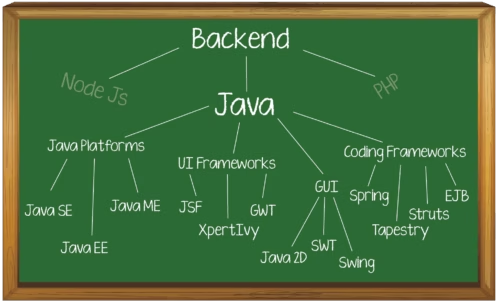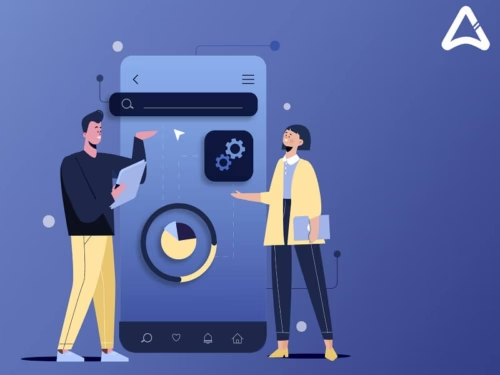Backend is an essential element of a website or application that incorporates all the server-side processes. A foundation of a software solution, the backend is responsible for its structure, logic, and communication with the front end. It’s what keeps an app running, but stays ‘behind the scenes’.
DevTeam.Space, a vetted community of expert software developers, has years-proven experience in providing backend development services to customers from numerous industries. To learn more, submit your project request and get a complimentary discovery call from one of our tech account managers.
Hire expert developers for your next project
Backend Development Services We Offer
- Mobile Backend Design
- Web Backend Design
- Backend for IoT
- Enterprise Backend Solutions
Top Backend Development Technologies
Programming Languages
Frameworks
- Django
- Laravel
- Flask
- Express
- Node.js
Databases
- MS SQL
- MySQL
- Oracle
- PostgreSQL
- MongoDB
Clouds
- AWS
- Microsoft Azure
- Google Cloud
The choice of a tech stack will depend on the specific project requirements. You can read about some of the top backend technologies below.
Python
Python is a high-level general-purpose programming language that comes with several libraries containing pre-written code. This and some other features (below) makes Python a popular choice for backend development.
Hire expert developers for your next project
1,200 top developers
us since 2016
1. Python is famous for its clear syntax and easy-to-read code. Actually, it prioritizes code readability over anything else. Clarity of syntax makes the code easy for machines to process — one of the reasons why developers choose it for server-side scripting.
2. Python’s library covers a lot of areas. Some of them are string processing, internet protocols (HTTP, FTP, SMTP, POP, and more), software engineering (unit testing, logging), and operating system interfaces (system calls, filesystems). The language also offers a variety of third-party extensions.
Flask
Flask is a micro-framework for web development written in Python. It’s best suited for building small apps such as single-page applications, however, they can be easily scaled over time. Some of Flask’s features are presented below.
1. Flask supports modular programming, where each module acts as a separate building block. These blocks are responsible for different parts of an app’s functionality. Such a modular structure enables developers to handle each component individually, which, in turn, ensures higher flexibility of the process.
2. Flask doesn’t rely on external libraries and frameworks and has very few dependencies. That said, it’s simple and very scalable, so what started as a small web app can grow and expand, if needed.
Hire expert developers for your next project
3. Flask is a minimalist framework with which developers can easily change a project’s part without damaging the whole structure.
Django
Django is another framework for web developers who use Python. Unlike Flask, it’s more suited for developing large and complex web apps. You can read about some of this full-stack framework’s features below.
1. Positioned as ‘ridiculously fast’, Django was designed to enable developers to build web applications as quickly as possible. It provides for skipping a lot of manual work and focusing on higher-level tasks.
2. Django can be by right called a security-centric framework. Given that it’s a backend tool that deals with data, security is of paramount importance. Django provides a user authentication system, has protection from cross-site scripting, cross-site request forgery and clickjacking, and other security features — all preset.
Need assistance with developing a back end for your software solution? Contact us via the button below and get a complimentary discovery call with one of our account managers experienced in backend development.





















